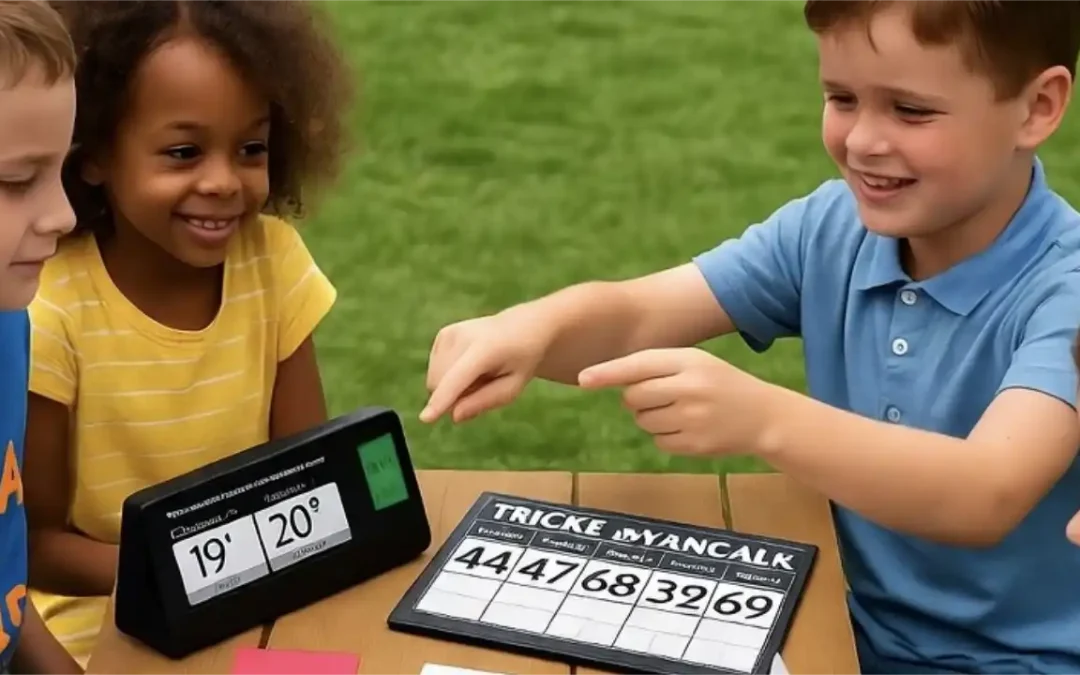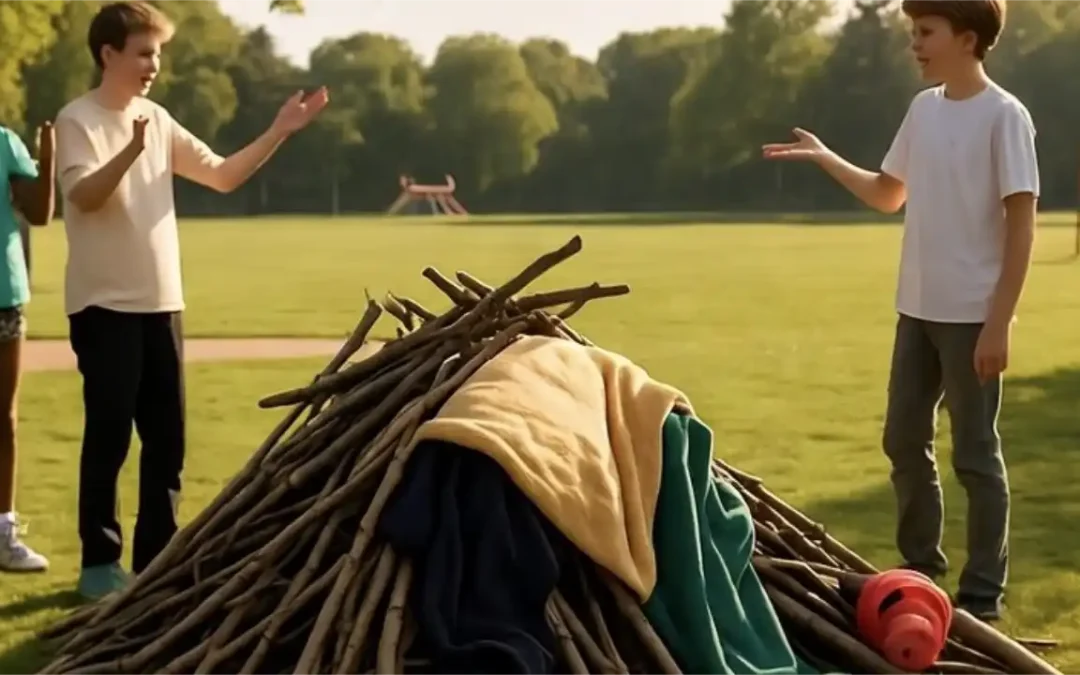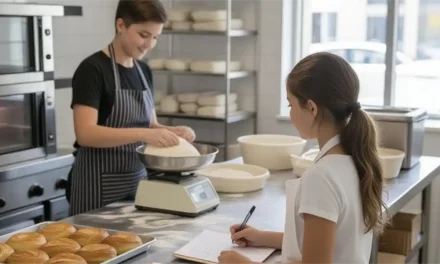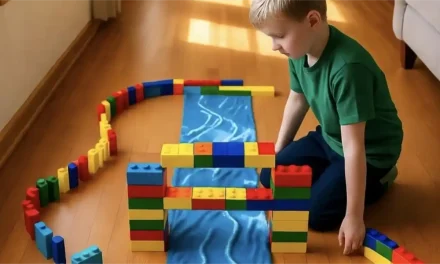
Modeling Collaborative Behavior: Share Stories of Team Wins
S
tories shape how children see success. When they hear or tell stories about teams working well—whether solving a problem, building something, or inventing a tale together—they begin to value the process behind shared achievement. Instead of focusing solely on outcomes, they start asking, “What did we do right together?” That shift cultivates appreciation for planning, listening, and contributing—skills that carry from play into real-world cooperation.
After a school project, my daughter mentioned her group had received praise. I asked, “What made your team click?” She lit up, explaining how they split roles and revised each other’s work. Later, when leading a family hike, she recalled each person’s contribution—who carried snacks, who mapped the trail. Another time, we told a group story at dinner: my son began with a spaceship, his sister added a time loop, and soon we had aliens tap dancing on Saturn. That laughter became its own team memory—and the story structure helped him later co-write a school play. Whether practical or playful, these shared stories build the habit of celebrating each other’s part in making things work.
Build a rhythm of reflecting on team moments. At dinner or bedtime, invite your child to talk about something they did with others that felt good. Ask what worked—and who made it work. Then stretch into creativity: start a story and let each person add a sentence. Use humor, twists, and wild ideas. These dual forms of storytelling—true and invented—train kids to honor the past and shape the future together.
Modeling Collaborative Behavior

Modeling Collaborative Behavior: Lead Games with Confidence
Let your child lead games to develop communication, decision-making, and leadership confidence in a low-pressure, playful environment.

Modeling Collaborative Behavior: Navigate Conflict in Teamwork
Conflict is natural in teamwork. Guide children to resolve disagreements with empathy, clarity, and patience to build emotional intelligence.

Modeling Collaborative Behavior: Work as a Family Crew
Shared responsibility builds confidence and unity. Treat household tasks as teamwork to develop skills, pride, and belonging.
Table of contents

Primordial Soup for the Mind: Navigation
Navigate the book Primordial Soup for the Mind.
TIPS
- Ask “What did everyone do?” to spark reflection.
- Pass a story line by line—no corrections, just addition.
- Use humor or surprises to keep it fun.
ACTIVITIES
- Project Tale: Share a group win, ask, “How did your team make it happen?”
- Story Relay: Add one sentence at a time to a shared tale—no rules, just flow.
- Victory Recap: Recount a family success, highlight everyone’s role.
EXAMPLE
My daughter recapped a school project, then added, “Let’s turn it into a story!” The tale ended with a dragon eating homework. Her team pride deepened—so did her joy in teamwork.

Download “Primordial Soup for the Mind: A Parent’s Guide to Nurturing Intellectual Growth”
Enter your information to get this article and hundreds more as part of the FREE book Primordial Soup for the Mind.
Share your thoughts with the Thought Academy community in the Comments section below.

Sharpen those skills!
Enter your information to get our FREE practice exercises so you can hone your critical thinking and reasoning skills!







0 Comments